
Dengue Outbreak: Sunsari Emerges as a Hotspot with Over 2000 Cases, 10 Districts Severely Affected
The dengue fever outbreak has reached an alarming level in Sunsari district, with the number of infected patients surpassing 4,000. The Director of the Epidemiology and Communicable Disease Control Division, Rudraprasad Marasini, attributes the rapid increase in infections to continuous rainfall and inadequate attention to sanitation measures.
As of the latest report, a staggering 4,289 cases of dengue have been reported across various provinces in Nepal. The situation seems to be escalating, as the previous count on July 15 indicated 2,930 cases, indicating a significant surge in a short period.
The worst-hit province is Koshi, with 2,754 confirmed dengue cases, followed by Bagmati province with 776 cases, Gandaki province with 344 cases, Sudurpaschim province with 316 cases, Lumbini province with 166 cases, Madhes province with 22 cases, and Karnali province with 20 cases.
Among the affected areas, ten districts are grappling with a large number of dengue infections. A startling 3,671 cases have been reported in these districts alone. Sunsari is the most severely affected, with 2,542 cases, followed by Dhading with 101 cases, Kaski with 250 cases, Darchula with 190 cases, Kathmandu with 80 cases, Sankhuwasabha with 64 cases, Myagdi with 54 cases, Kanchanpur with 52 cases, Rupandehi with 45 cases, and Morang with 38 cases.
Health officials have identified the Aedes aegypti and Aedes albopictus mosquito species as the primary carriers of dengue. These mosquitoes breed in stagnant water, particularly in clean and undisturbed locations, leading to the emergence of larvae, which, when grown into adult mosquitoes, can transmit the dengue virus through their bites.
The authorities warn that the situation may worsen in the coming months. The Epidemiology and Communicable Disease Control Division predicts a surge in dengue infections during August, September, and October, underscoring the urgency to implement preventive measures and increase awareness campaigns to control the outbreak.
The Nepalese government and health agencies are taking immediate action to contain the spread of dengue by intensifying mosquito control efforts and emphasizing the importance of maintaining clean surroundings. They urge citizens to be vigilant, eliminate mosquito breeding sites, and seek medical attention promptly if they exhibit any symptoms of dengue fever. With collective efforts and heightened awareness, the country aims to curb the outbreak and protect public health.




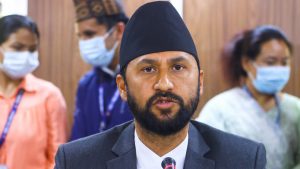
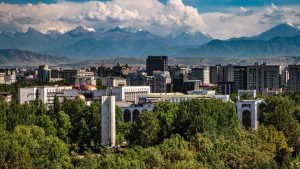
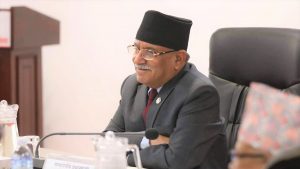

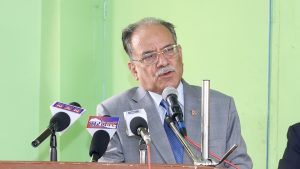



![Aishwarya Dazzles at Cannes Film Festival [Photos]](https://english.pardafas.com/wp-content/uploads/2024/05/3eded-150x150.jpg)
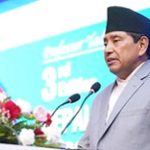

Comments